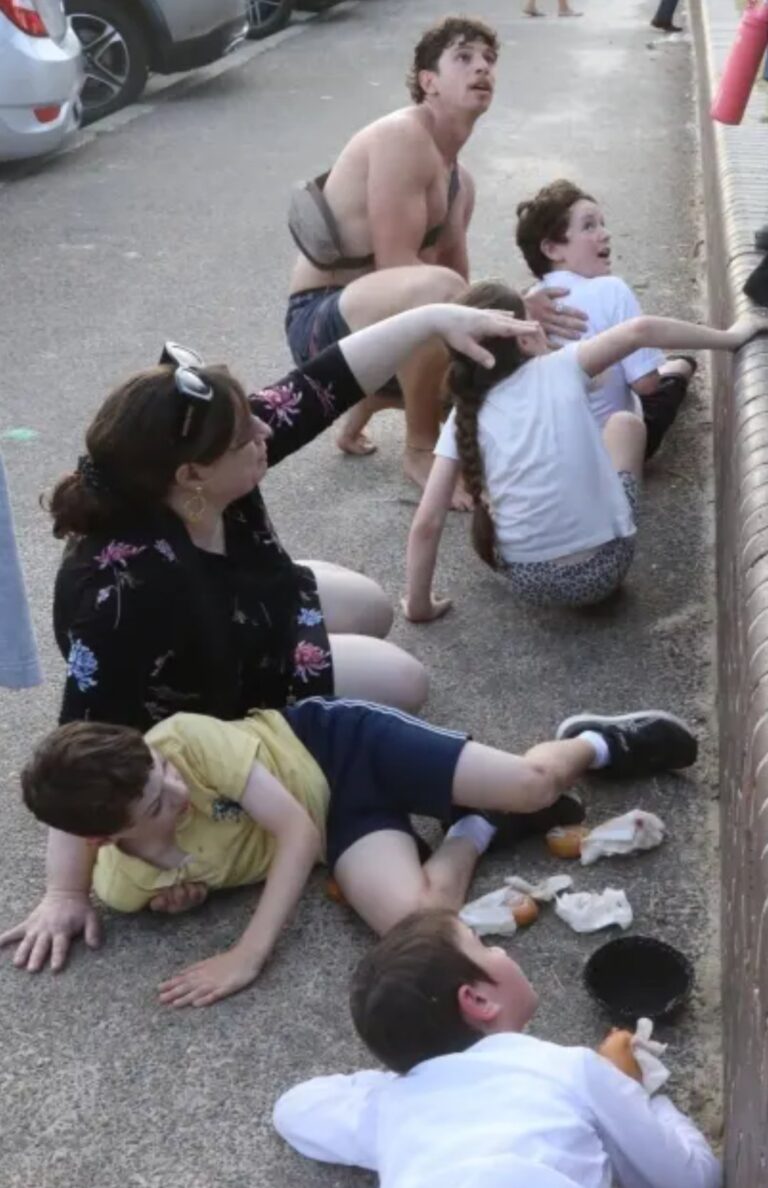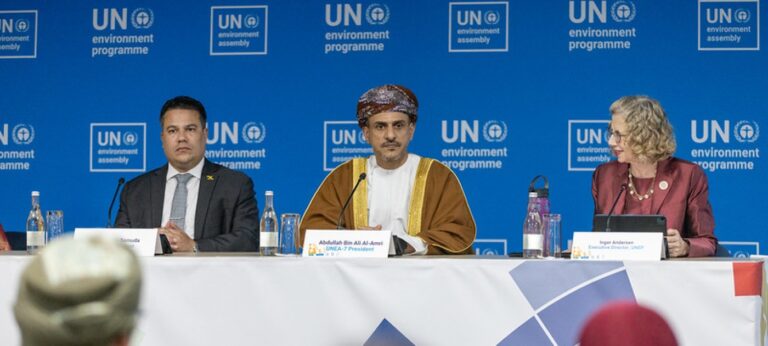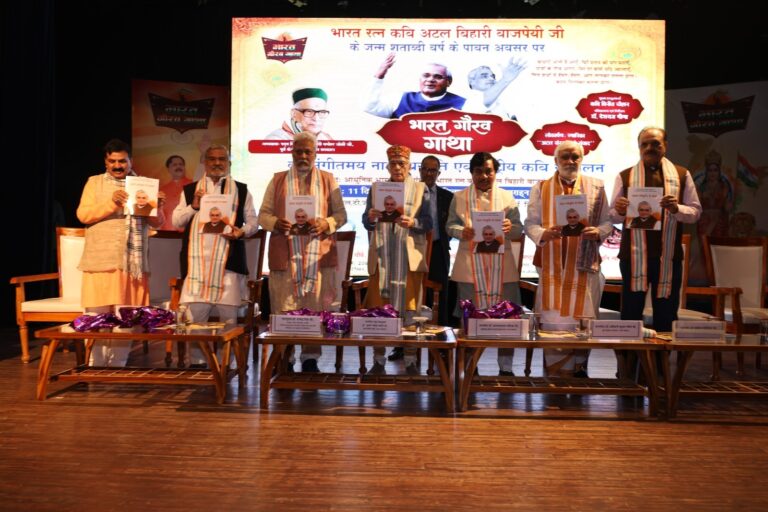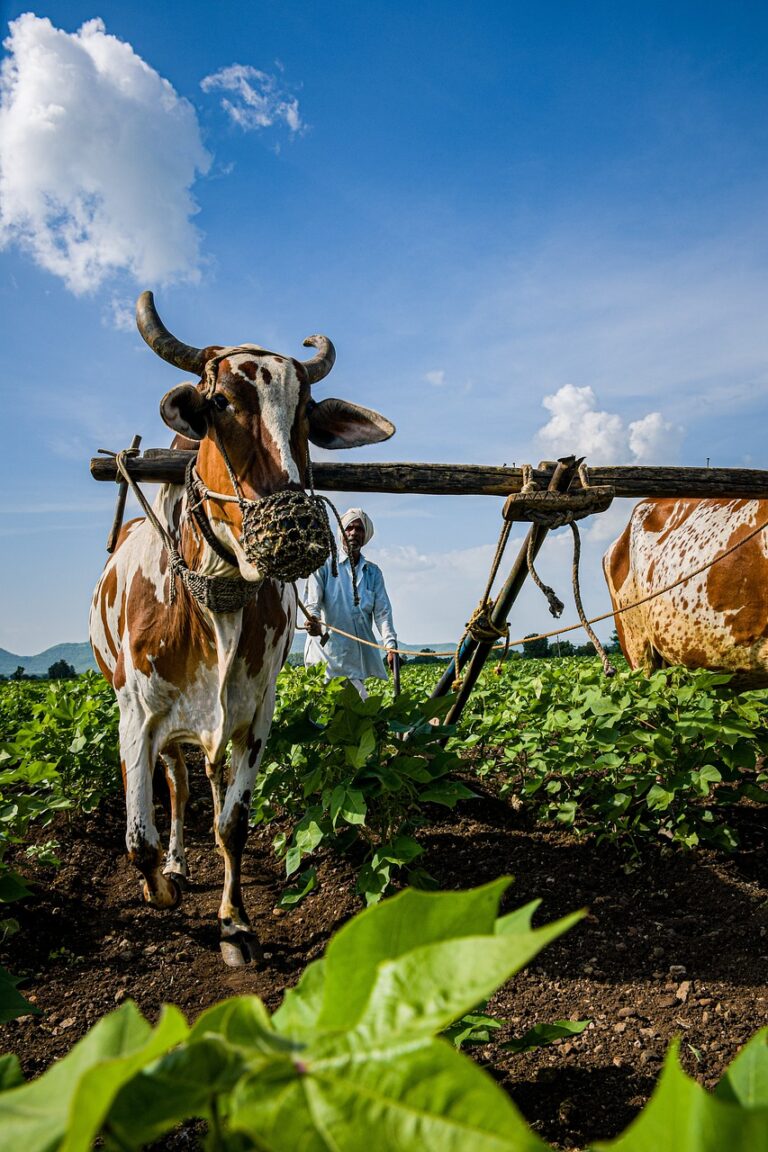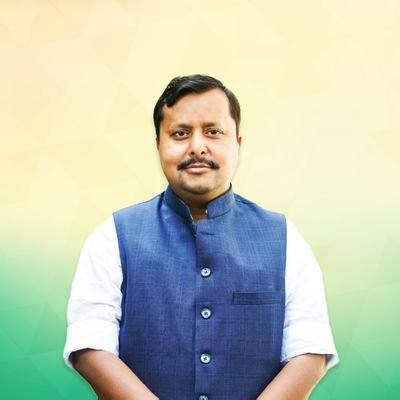
[the_ad_placement id=”adsense-in-feed”]
– globalbihari bureau
Geneva: The World Health Organisation figures show that the total number of COVID-19 cases has doubled in the last six weeks, and the WHO Director-General Dr Tedros Adhanom Ghebreyesus said on Thursday that “in most of the world the virus is not under control”.
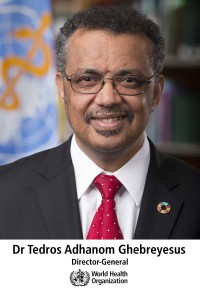 Addressing the ‘Member State Briefing on the COVID-19 pandemic evaluation’, he said “It is getting worse”. He added: “We are in the midst of the battle of our lives, and we have to do better. Not just now, but for the future. Because these threats will never stop, and in all likelihood they will get worse. But it is in our hands; we make the choices.”
Addressing the ‘Member State Briefing on the COVID-19 pandemic evaluation’, he said “It is getting worse”. He added: “We are in the midst of the battle of our lives, and we have to do better. Not just now, but for the future. Because these threats will never stop, and in all likelihood they will get worse. But it is in our hands; we make the choices.”
[the_ad_placement id=”content-placement-after-3rd-paragraph”]
He informed that more than 11.8 million cases of COVID-19 had now been reported to WHO and more than 544,000 lives had been lost.
“And the pandemic is still accelerating…The COVID-19 pandemic has left no country untouched. It has humbled all of us,” he said, adding, “Everyone is fighting hard against the virus but so many lives have been lost”.
Dr. Ghebreyesus said as countries struggle with this unprecedented threat, they face a delicate balance between protecting their people and maintaining essential health services, while minimizing social and economic damage, and respecting human rights. “There are no easy answers. There are no quick fixes,” he said. He stressed the need of Universal health coverage, which he said was essential to “our collective global health security”.
He pointed out that because of the pandemic, now hundreds of millions of children were at risk of missing out on routine vaccines for tuberculosis, pneumonia, measles, polio, cholera, diarrhoea and others, while many countries are running low on HIV medicines.
“Refugees are among the most vulnerable to the pandemic, already facing limited access to adequate shelter, water, nutrition, sanitation and health services. COVID-19 could push them over the brink. And around the world, in countries rich and poor, many more people are now going hungry, we can see poverty visibly now, with estimates from the World Food Programme that global hunger could increase to more than 270 million people. These are not numbers: these are people,” he said.
Referring to some nations that have brought the virus under control, he urged nations to learn from their experience and follow their lead. “As a global community, we must learn from both the positives efforts made to suppress the virus and the challenges that have emerged from this global hardship,” he added.
He said: “For years, many of us warned that a catastrophic respiratory pandemic was inevitable. People from the health sector, even outside the health sector, and our leaders warned about a catastrophic pandemic. It was not a question of if, but when. But still, despite all the warnings, the world was not ready. Our systems were not ready. Our communities were not ready. Our supply chains collapsed. It is time for a very honest reflection. All of us must look in the mirror – WHO, every Member State, all involved in the response. Everyone.”
He recalled that in May, the world came together for the first virtual World Health Assembly where the 194 Member States passed a “landmark” resolution, which recognized the leadership role of WHO and the role of the United Nations system in coordinating the comprehensive global response. It called on Member States to implement a whole-of-government and whole-of-society approach to ensure a more coherent, fairer and effective global response. It called for the fair distribution of vaccines, diagnostics and therapeutics. In line with our call for an after-action review, Member States also agreed that WHO should initiate an independent and comprehensive evaluation of the lessons learned from the international health response to COVID-19.
“This is a time for self-reflection, to look at the world we live in and to find ways to strengthen our collaboration as we work together to save lives and bring this pandemic under control. Together, we now have a once in a generation opportunity to prove to each other that we can be greater than the sum of our parts. The magnitude of this pandemic, which has touched virtually everyone in the world, clearly deserves a commensurate evaluation; an honest evaluation,” he said.
Dr. Ghebreyesus announced that former New Zealand Prime Minister Helen Clark and former President of Liberia, Ellen Johnson Sirleaf who is also a Nobel Peace Prize winner, would serve as co-chairs of the evaluation committee, “which we are calling the Independent panel for Pandemic Preparedness and Response (IPPR)”.
He said both were selected through a process of broad informal consultation with Member States and world experts. “I cannot imagine two more strong-minded, independent leaders to help guide us through this critical learning process, to help us understand what happened – an honest assessment – and to help us understand also what we should do to prevent such a tragedy in the future,” he said. He added that the terms of reference for the panel will be developed in consultation with Member States, and the co-chairs will be in the lead.
The Director-General further informed that he had also consulted with Dr. Harsh Vardhan, the Chair of the Executive Board, in the context of the ongoing and unprecedented public health emergency relating to COVID-19. “In line with what Dr Vardhan and I agreed, I am proposing to call a Special Session of the Executive Board in September to discuss progress and to give guidance,” he said.
He said, “even as we fight this pandemic, we must be readying ourselves for future global outbreaks…”
At a time when the USA notified the UN Secretary-General of its withdrawal from the World Health Organization, effective July 6, 2021, Dr. Ghebreyesus said the COVID-19 pandemic was a test of global solidarity and global leadership. “The virus thrives on division but is thwarted when we unite,” he said. “How is it difficult for humans to unite and fight a common enemy that is killing people indiscriminately? Are we unable to distinguish or identify the common enemy? Can’t we understand that the divisions and the cracks between us are an advantage for the virus. I think I do not need to remind you because we all know that these are the basics,” he said. He added: ““Together” is the solution unless we want to give the advantage to the enemy, to the virus, that has taken the world hostage, and this has to stop.”
[the_ad_placement id=”sidebar-feed”]


